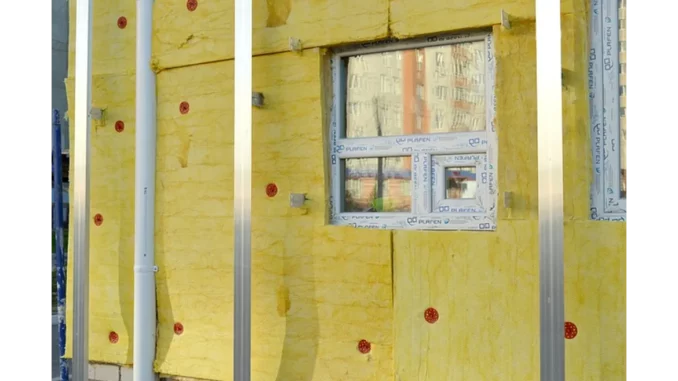
As I settled into my chair at a quaint café in central Birmingham, I was greeted by the warm and approachable Michael Harrington, a seasoned builder and esteemed member of the Federation of Master Builders (FMB). With a steaming cup of coffee in hand, Michael was poised to discuss the pressing issues of the day. Our conversation was dominated by the FMB’s recent call for a comprehensive government plan to insulate Britain’s homes, a topic that has sparked significant debate and concern.
Successful low-energy building design hinges on careful planning. Focus360 Energy can help.
“The UK has some of the oldest and least energy-efficient housing stock in Europe,” Michael began, his tone earnest. “It’s not just about comfort; it’s about energy efficiency and environmental impact. The FMB estimates that around eight million properties need loft insulation, five million require cavity wall insulation, and over 20 million homes have uninsulated floors. These numbers are staggering.” His passion was palpable, underscoring that this was both a professional and personal concern. “The recent cuts to the Winter Fuel Allowance have exacerbated the situation. Many households, particularly those with limited financial means, rely on this allowance to endure the harsh winters. Without it, they are left vulnerable.”
I nodded, grasping the gravity of the situation. “Brian Berry, the FMB’s chief executive, mentioned the necessity of a ‘nationwide programme’ to support local builders in installing insulation, double glazing, and new heating technologies. How feasible is this, and what impact could it potentially have?”
Michael leaned back thoughtfully. “It’s entirely feasible. We have the skills and the workforce; what we need is government backing. A nationwide programme would not only enhance energy efficiency but also create jobs and stimulate the economy. Imagine the ripple effect: reduced energy bills for millions of households, decreased carbon emissions, and a boost to the construction sector. It’s a win-win.”
Our discussion then shifted to the broader construction landscape. Recent reports indicated that construction spending is increasingly moving outside London and the South East, with significant upticks in the East of England. I was keen to hear Michael’s perspective on this shift.
“It’s an interesting trend,” he remarked. “For years, London has been the hub of construction activity, but now we’re witnessing a more balanced distribution. Areas like Cambridge, Suffolk, and Essex are experiencing double or triple-digit increases in contract awards. This is tremendous news for regional economies and local builders, as it means more opportunities and a more equitable allocation of resources.”
As we sipped our coffee, the conversation took an unexpected turn. Earlier in the week, builders in Manchester had unearthed a World War II bomb, necessitating the evacuation of nearby homes. I asked Michael for his take on this extraordinary event.
“That was quite a scare,” he admitted. “When you’re working on older properties, you never know what you might uncover. Safety is always the top priority, and I’m glad the situation was managed swiftly. The discovery of the bomb serves as a stark reminder of the hidden dangers in our line of work. It’s not just about bricks and mortar; it’s about ensuring the safety and well-being of the community.”
His words resonated deeply, highlighting the multifaceted nature of the construction industry. As our conversation drew to a close, Michael reiterated the importance of the FMB’s call to action.
“We need bold decisions and decisive action from the government,” he said firmly. “Insulating Britain’s homes is not just a building issue; it’s a societal one. It’s about creating a sustainable future for the next generation. And with the right support, we can make it happen.”
As I left the café, I couldn’t help but feel a renewed sense of urgency and optimism. The challenges were clear, but so were the solutions. With dedicated professionals like Michael and the collective efforts of organisations like the FMB, there is hope for a warmer, more energy-efficient Britain.


Be the first to comment